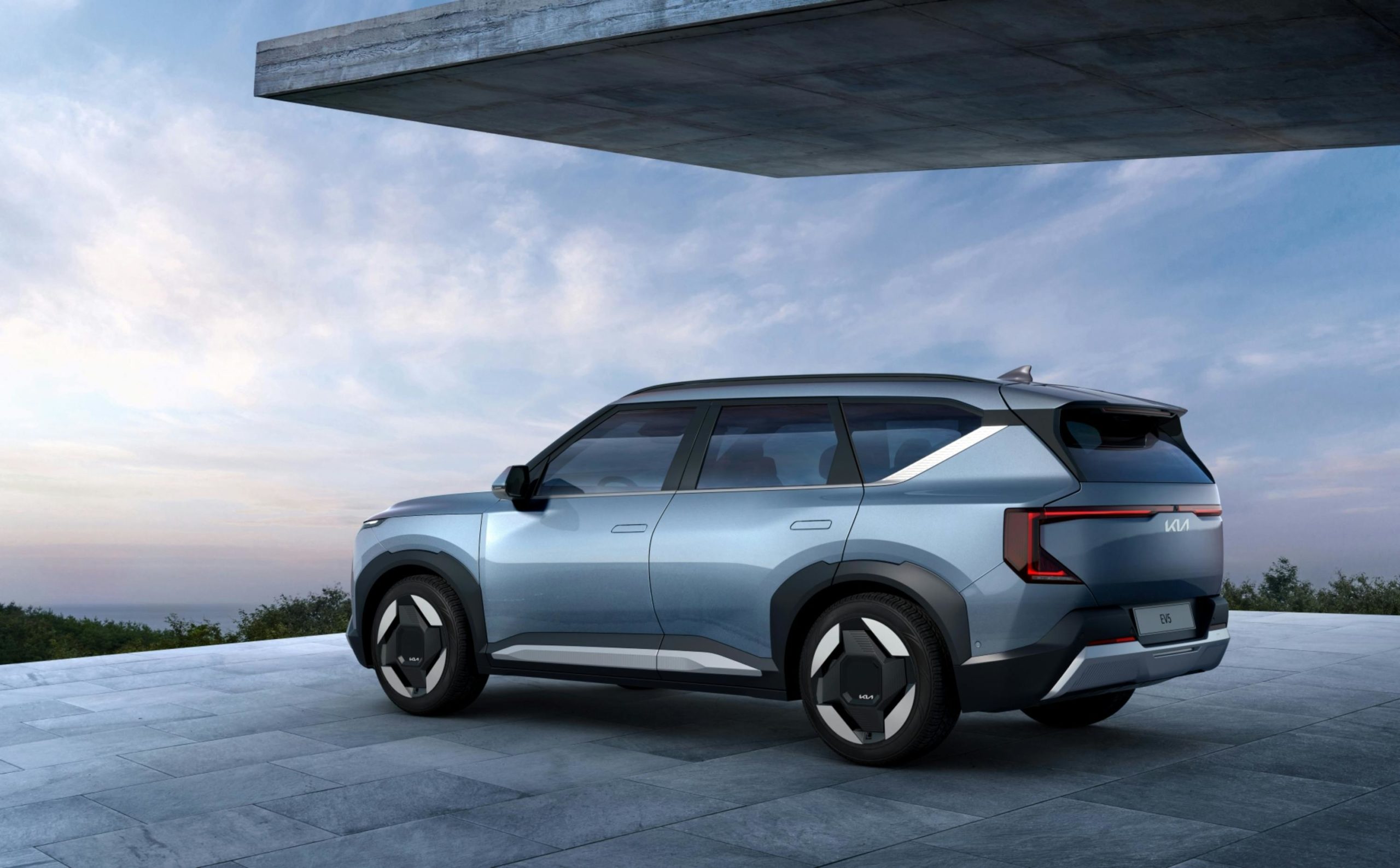
14 May SUVs Dominate the Luxury-EV Market
SUVs Dominate the Luxury-EV Market: A Comprehensive Analysis
SUVs Dominate the Luxury-EV Market. The automotive industry is undergoing a transformative shift as electric vehicles (EVs) gain traction across various segments. Among these, luxury SUVs are poised to take a commanding lead. With a growing number of Original Equipment Manufacturers (OEMs) electrifying their lineups, the trend toward luxury EV SUVs is becoming increasingly evident. This article delves into the factors driving this shift and examines the implications for the future of the luxury automotive market.
The Rise of Luxury EV SUVs
Market Dynamics and Consumer Preferences
Since the early 2000s, SUVs have enjoyed immense popularity due to their perceived safety, convenience, stylish design, and practicality. This preference has only strengthened with the advent of electric vehicles. According to a McKinsey survey, about 50% of premium- and luxury-car buyers now prefer SUVs for their next purchase. This shift is particularly pronounced in the high-end luxury segment, where affluent consumers prioritize resilience and adaptability across diverse regional landscapes.
OEM Strategies and New Models
Several leading luxury car manufacturers, including Aston Martin, Ferrari, and Lotus, are actively introducing luxury EV SUVs to meet this burgeoning demand. By 2027, nearly ten new battery electric vehicle (BEV) SUVs are expected to launch across various categories, including sports, coupe, and crossover. In contrast, only two to three new sedans are anticipated in the same period. This disparity underscores the growing preference for SUVs over traditional sedans.
Changing Value Pools in the Automotive Industry
Innovative Business Models
The shift to electric vehicles has opened up new revenue streams for both EV disruptors and established luxury brands. EV companies are leveraging innovative business models such as direct-to-consumer (DTC) sales, EV- and battery-as-a-service, and advanced driver-assistance systems (ADAS) to enhance profitability. These models can potentially increase profits by more than 7% by 2026.
Software and Connectivity
Incumbent luxury players are also exploring new avenues to drive profitability. Upselling and point-of-sale options have traditionally been key revenue drivers. However, the ability to offer software updates and enhancements via over-the-air (OTA) updates presents a lucrative opportunity. Our research indicates that over 70% of Chinese customers prefer post-purchase upgrades through subscriptions or pay-per-use plans, highlighting a significant market for software-based revenue.
Market Forecast and Trends
Sales Projections
The market share of SUV sales in the luxury segment is projected to increase from less than 25% in 2021 to 40% by 2031. This growth will come at the expense of other popular segments such as sedans and sports cars. Shares are expected to fall to 20% and 40%, respectively, from 25% and 50% in 2021. In the ultra-luxury price band (above $500,000), the share of EV SUV sales is anticipated to rise from less than 15% in 2021 to about 50% in 2031.
Factors Driving Growth
Several factors are driving the increased adoption of luxury EV SUVs:
- Environmental Concerns: With growing awareness about climate change, consumers are increasingly looking for sustainable transportation options. Luxury EV SUVs offer a blend of eco-friendliness and high performance, making them an attractive choice for environmentally conscious buyers.
- Technological Advancements: Advances in battery technology, range, and charging infrastructure are making electric SUVs more practical for everyday use. Innovations in autonomous driving and connectivity features further enhance their appeal.
- Brand Prestige: For luxury car buyers, brand prestige plays a crucial role. Brands like Tesla, Porsche, and Mercedes-Benz have established themselves as leaders in the electric vehicle market, and their SUV offerings are seen as status symbols.
- Government Incentives: Many governments worldwide are offering incentives for electric vehicle purchases, including tax credits, rebates, and access to carpool lanes. These incentives make luxury EV SUVs more financially attractive.
Challenges and Opportunities
Challenges
Despite the positive outlook, several challenges could impact the growth of luxury EV SUVs:
- High Initial Costs: Luxury EV SUVs come with a premium price tag, which can be a barrier for some buyers. However, as technology advances and economies of scale are realized, prices are expected to come down.
- Infrastructure Development: The availability of charging infrastructure remains a critical factor. While significant progress has been made, further expansion is necessary to support the growing number of electric vehicles on the road.
- Battery Supply and Sustainability: Ensuring a sustainable and ethical supply chain for battery materials is crucial. Manufacturers are investing in recycling technologies and exploring alternative materials to address these concerns.
Opportunities
The shift to luxury EV SUVs presents several opportunities for automakers:
- New Revenue Streams: The ability to offer software updates, subscription services, and other post-purchase enhancements can create new revenue streams and enhance customer loyalty.
- Market Differentiation: Brands that can effectively combine luxury, performance, and sustainability will stand out in a competitive market. Innovations in design, technology, and customer experience will be key differentiators.
- Global Market Expansion: The demand for luxury EV SUVs is not limited to traditional markets like North America and Europe. Emerging markets in Asia and the Middle East present significant growth opportunities for luxury automakers.
Conclusion
SUVs Dominate the Luxury-EV Market. The dominance of SUVs in the luxury EV market is not just a trend but a significant shift in the automotive industry. As consumer preferences evolve and manufacturers respond. Innovative models and business strategies, luxury EV SUVs are set to become the preferred choice for high-end car buyers. This shift presents both challenges and opportunities for automakers, but those who can navigate this dynamic landscape will thrive in the coming decade.



